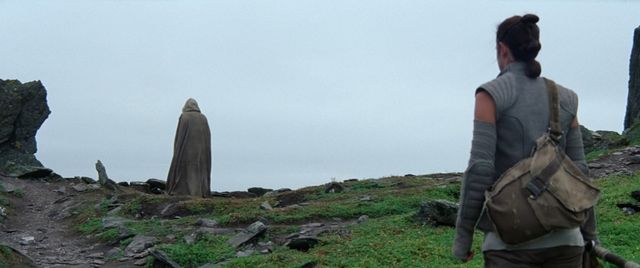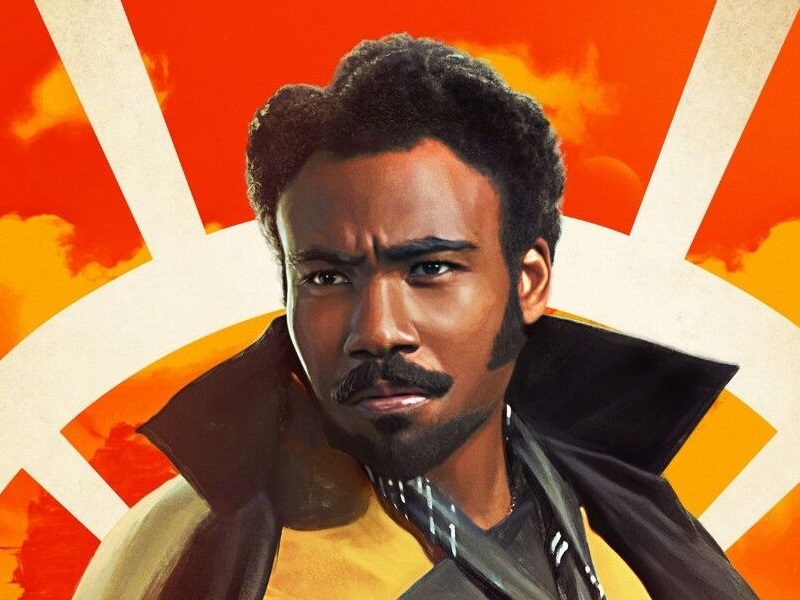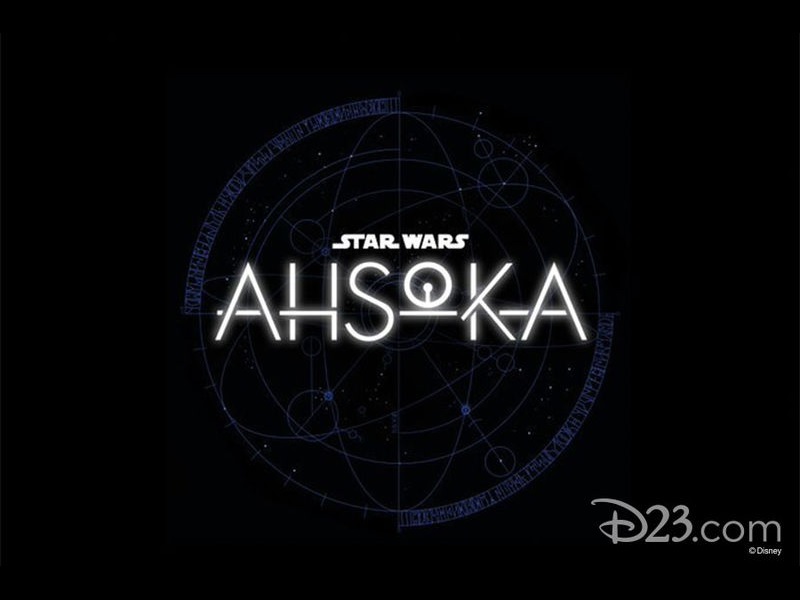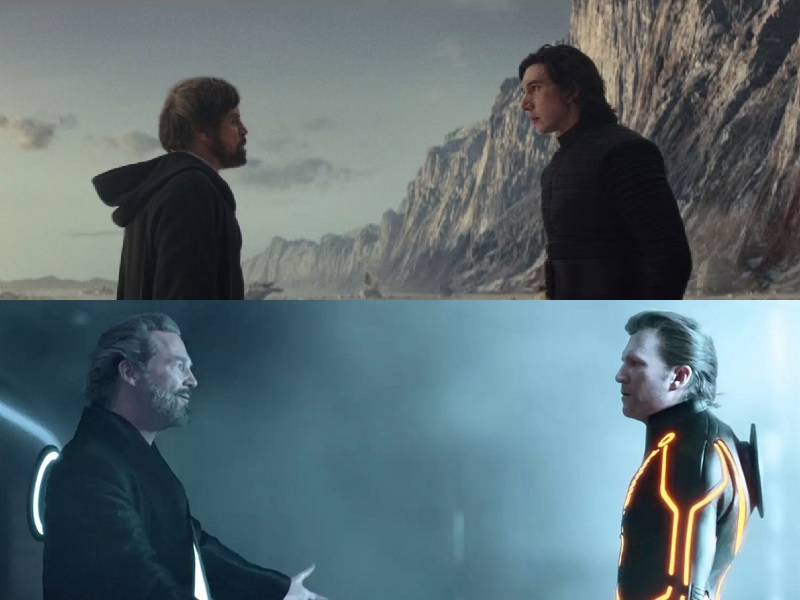Advertisement
"I thought of the film as a second movement of a symphony. That's why I wanted some of the things slower. And it ends in a way that you can't wait to see, to hear ... the next movement, the allegretto." --Irvin Kershner, Director of The Empire Strikes Back
Tool as old as Time
Cliffhangers can be a useful literary tool in order to engage an audience. It's been in use since oral storytelling in the ancient world. Because of an unfulfilled plot point, the listener or reader should form questions about the story thus far, what comes next in the action, and also be left with a feeling of wanting more. That's what good cliffhangers do: arouse interest in the follow-up story so they return, and pay, to find out what happens next.
Charles Dickens greatly popularized cliffhangers in his Pickwick Papers series that was immensely successful. Instead of publishing an entire novel all at once, he published three chapters at a time (on cheap paperback stock so customers wouldn't feel gouged) ensuring that at the end of those pages, there would be a tense moment of unresolved action. By that time, readers would be so invested in the story and its characters that they couldn't wait to read on and pay for the next installment. Novels are not usually published this way but going forward from Dickens, a novel's structure has been influenced by the idea of tension and release of character/plot elements. Today, instead of waiting for the next installment, authors want readers to keep turning the page. Still, novels today often end on a cliffhanger, whether more books are in the plans or not, to try and guage interest should sequels be requested.
But wait, there's more!
Movies employ its own audio-visual means of presenting a cliffhanger. Plenty of films end with "The End...?" like Flash Gordon or "To be continued..." like Back to the Future. Flash Gordon did not actually get a sequel after the 1980 film did not meet box office expectations. It ended with Ming having been killed but his power ring, which lay on the ground, was picked up by a mysterious unknown person who remained off-screen. Back to the Future, in its theatrical run, did not have an indication of a sequel. The final scene showed Doc Brown returning to get Marty's help to fix problems in the future and the Delorean time machine could now fly. Without a planned follow-up, the scene was meant as a joke but the popularity of the film lead the studio to request sequels--the home media release of the movie added "To be continued..." at the end. The continuing story picked up right after that cliffhanger and let audiences find out what would happen in the future.
Although a film like Flash Gordon has become a cult favorite, the cliffhanger ending (and the movie as a whole) did not drum up enough interest or profits to warrant a sequel. Its intention was to make audiences wonder who the uknown person at the end was and what they were going to do and how Flash would save the day again. It didn't work out that way at the time. Back to the Future, on the other hand, was a self-contained story but Universal green-lit sequels owing to the original's success.
A cliffhanger at the end of Spider-Man: Across the Spider-Verse (which I have not seen yet) has been hitting social media lately, praising the film and anticipating a sequel. I don't know what's going on in that story but the mention of a popular cliffhanger (whatever it is) made me consider the endings in the Star Wars movies. Shocking revelations are woven into their fabric. One immediate cliffhanger certainly comes to mind so let's talk about it first.
Obi-Wan never told you what happened...
The Empire Strikes Back was the middle episode in the original trilogy. It had the unenviable task of following-up on the incredible success of the first film and also make people want to see the next one. No pressure.
"George said the film has to be much better, and much bigger, and much more complex than Star Wars, because if the second one doesn't work, it's the end of Star Wars. If it does work, then I can continue making more of them. I said that doesn't put me in a very comfortable position. It's a hell of a responsibility." --Irvin Kershner
It is safe to say Kershner succeeded in his ambitions for "the second one." Although the cliffhanger did have everyone talking, it was the entire production that made it all work. The story moved forward, the characters grew, the situations were more challenging, and the themes became deeper.
"I was delighted it was not going to be a rehash of Star Wars. That in fact, after having set the whole thing up and gotten a rousing start, you launch into the second act in which everything goes to hell. That's usually the best act in a play." - Lawrence Kasdan, screenwriter for The Empire Strikes Back
Many still consider Empire as the best movie of the entire saga. What still fascinates me is that this story didn't really have a "proper" ending. It didn't resolve the story points. It added new questions instead of answering them. While it didn't give the feeling of resolution, it did leave the audience wanting more. The famous cliffhanger was just the cherry on top.
Darth Vader's statement was shocking to say the least but what resonated with the audience was the questions that statement made. Even James Earl Jones, who voiced Darth Vader, thought the character was lying when he read his lines. As a kid, I thought that as well but when discussing it with my brother and friends, we all started guessing whether it was true or not. How could it be true? That would mean that Obi-Wan was lying and he doesn't lie, does he? It's not true, it's a trick to make Luke turn to the dark side of the Force which is what Vader wanted... right? There's no way! Luke's father was a hero, wasn't he? If it is true, then what does that mean? How can Luke face him again?
With all these questions, the cliffhanger worked. We wanted, we needed, to know the truth. The only way to find out the truth was to watch the next movie. And let me stress this point, because it is often overlooked: we had to wonder about these questions for three years! I was kindergarten-age when Empire came out and so I didn't know anything about the next part of the story until third grade! As an adult, three years is just kinda long, for a kid, that is an eternity. During that time we played with the action figures and made up our own stories and we might have even played out the idea of Vader either lying or actually being Luke's father but as children we couldn't come up with a conclusive answer or a satisfying ending.
There were some other questions that Empire raised including:
- Han was "still alive" but frozen in carbonite. Would he come back/be rescued?
- Yoda said "there is another" who could hope to defeat Vader. Who was he talking about?
- Leia heard Luke from far away through the Force. What does that mean?
... again, we were waiting—waiting for three years to get some answers. Dickens published Pickwick chapters every month and people were in throes of anticipation then...
Because of all that—not to mention that The Empire Strikes Back was a phenomenal success, especially for a movie sequel—anticipation for the next episode caused a fever-pitch. From my childhood, the follow-up, Return of the Jedi was the most-anticipated movie ever.
Jedi Steps

"The Force Awakens" ends on a cliff-hanger when Rey finds Luke standing by a cliff. © Lucasfilm/Disney. © Disney/Lucasfilm.
There is one other cliffhanger that had us twisting in the wind. From the beginning of The Force Awakens, the characters and the audience are wondering about the whereabouts of Luke Skywalker and what he's doing at this time. The opening text crawl started with "Luke Skywalker has vanished." Right then we had questions but we wouldn't even catch a glimpse of Luke until the very very end of the movie.
With Mark Hamill's name in the top billed section of credits on the movie poster for The Force Awakens, I thought for sure we would get to see plenty of Luke Skywalker. While we only saw him for a brief moment, the entire movie seemed to be leading to his entrance and I myself kept wondering when he would appear in the story. My guesses were wrong.
Rey finds Luke alone on top of a mountain overlooking an endless sea. He is wearing a hooded robe, not too unlike the Emperor. Rey stops several yards away from him. Seeming to sense another presence, Luke slowly turns and we finally see his face. He is old, with an unkempt beard. The questions were already spinning in my head. Why does he look like this? Why is he wearing this robe? Why is he alone on this planet? Then Rey holds up Luke's old lightsaber, the one that he thought he'd lost--the one that belonged to his father. What would Luke say? How would he react? He removed his hood and looked at Rey and the lightsaber in a combination of wonder, regret, and curiosity. What was he thinking? Would he take back what belonged to him? Through the Force, would he already knew who Rey was? And as many fans were trying guess more about Rey's backstory, were Luke and Rey related somehow?
Then the movie ended.
Luke was standing on a cliff. Cliffhanger. I liked it but I didn't like it. This time I only had to wait two years for some answers! It still felt like forever. The anticipation had been built up once again and we couldn't wait to see the next part. It worked again.




Comments